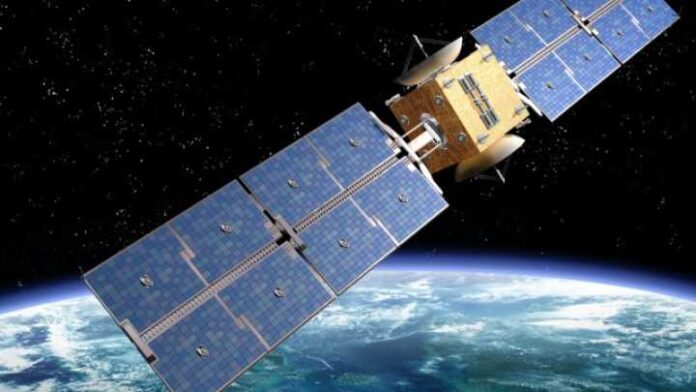SpaceX is simultaneously involved in so many ongoing projects that it is fairly easy to lose track of them. According to The Verge, in recent documents, it shows that CEO Elon Musk is making good progress with his project of bringing the internet to space.
On March 9 a meeting was held between SpaceX representatives and Chairman Ajit Pai. At that meeting, SpaceX “discussed the advances in launch, spacecraft and ground technology that will permit large constellations of highly-intelligent satellites to provide high-speed, reliable and affordable broadband service to consumers in the U.S. and around the world.”
Chairman Pai was assigned by President Trump in January. Pai strongly advocates free and open market since it sparks competition. Earlier this week, he held a speech in Pittsburgh and highlighted how significant internet access is for America and how SpaceX project would provide that. Also, Pai is familiar for being a strong opponent of needless restriction plans to debilitate limitations on satellite licensing.

The idea of a universal internet in space was first brought by Musk in 2015. Originally, the plan was to connect people on Mars to the Internet and provide access to anyone who does not have it. The project was introduced in November. In the proposal, it is stated that SpaceX wants to put the “non-geostationary orbit satellite system” which is a constellation of over 4,400 satellites (originally planned with 1,600, but with additional 2,825 satellites launched). It was proposed that such a system would provide a “full and continuous global coverage.” The aim of this project is to provide universal wireless internet to all people around the world who use the Internet, and maybe even to people in space.
In order to cover the areas with different latitudes, the satellites would be placed at diverse angles and heights. There are even outlines which state what to do with satellites once they pass the lifespan expectancy of five to seven years. SpaceX estimated that those satellites that go into orbit as early as 2019 would need a replacement in 2024.
Funding or costs were not mentioned in the proposal.









